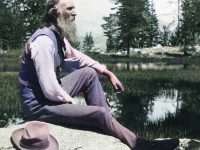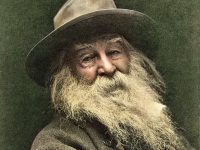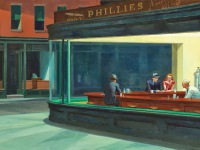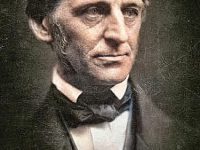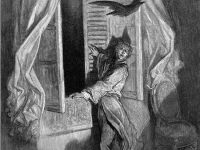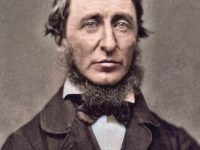John Muir and the U.S. National Park System
On April 21, 1838, Scottish-American naturalist and author John Muir was born. He was an early advocate of preservation of wilderness in the United States. His letters, essays, and books telling of his adventures in nature, especially in the Sierra Nevada mountains of California, have been read by millions. His activism helped to preserve the Yosemite Valley, Sequoia National Park and other wilderness areas. John Muir – Early Years John Muir was…
Read more

